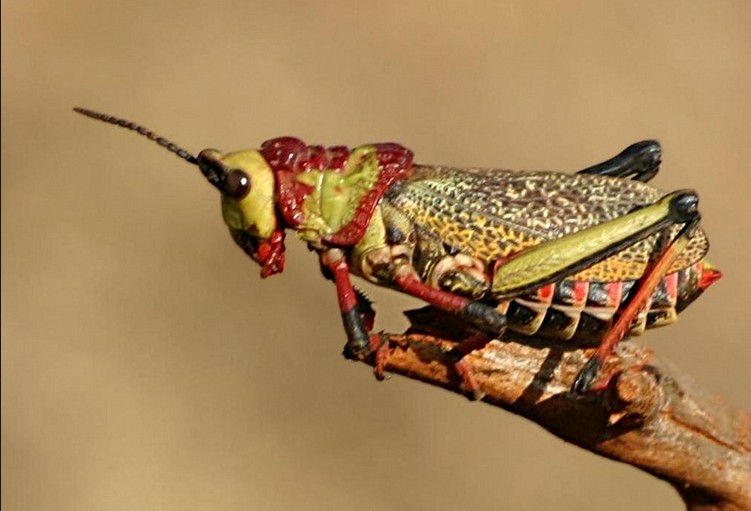Insects – Not What You Think
Dave Goulson's book 'A Buzz in the Meadow' gives a whole new outlook on bugs

How do you feel about bugs in your home?
You probably feel annoyed like most of the people.
You’re about to be surprised by the book A Buzz in the Meadow written by Dave Goulson.
A Buzz in the Meadow is the story about the author, Dave Goulson, who bought a derelict farm in Charente and made a home for wildlife with great caution. None of the wildlife is named “Tamu” or “Scarface” and the book features no anecdotes about the “endearing” rural backwardness of the neighbors.
Goulson is an entomologist and professor of biological sciences at the University of Sussex, so the wildlife that is the focus of the book is not the furry, easily anthropomorphised kind. The book portrays Insects as infinitely more mysterious and weirder than mammals and birds. Throughout the book Goulson reveals details of insect lives that had me exclaiming with delight, from bugs that suck the blood of vampire bats (a new direction for the Twilight franchise I feel), to the female flies that have evolved fat legs to improve their pulling power. His descriptive style is clear and elegant, with just the right amount of humor: nectar, both warmed and fermented by the flower that produced it, is “bee glühwein”, and the goings on in a bumble-bee nest would “put the Borgias to shame”.
Goulson doesn’t just tell us about the tiny lives inhabiting his idyllic patch of France. He shows us how science found out about them. Often the research he details is his own, so we hear about the development of a line of investigation, from the first spark of curiosity, through the design of experiments, to their near impossible implementation in wild situations; how, for example, can you hope to recapture 600 butterflies released into a wood? It’s rare to have the scientific process described so vividly. What may surprise many non-biologists is the range of disciplines that field biologists have to master – everything from biochemistry to engineering, plus all the usual skills of observation, animal handling, general field craft and determination.
Via The Telegraph, published on August 29, 2014. Click here for the original article.




